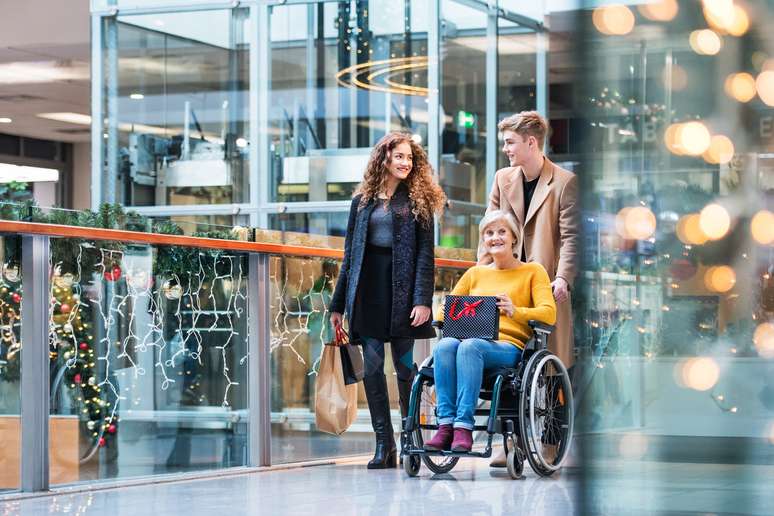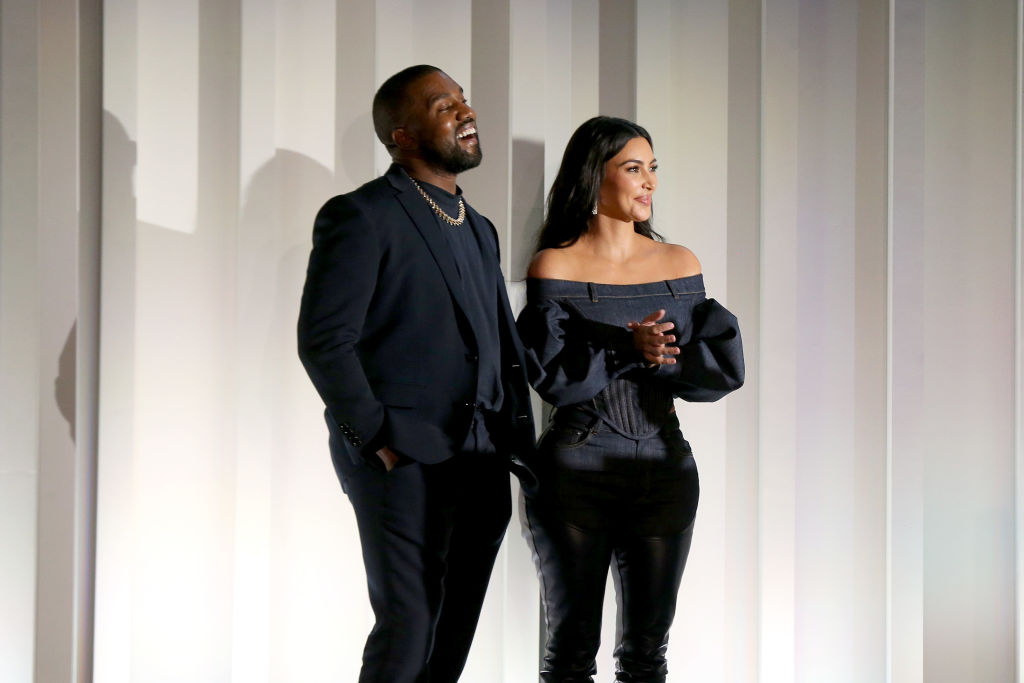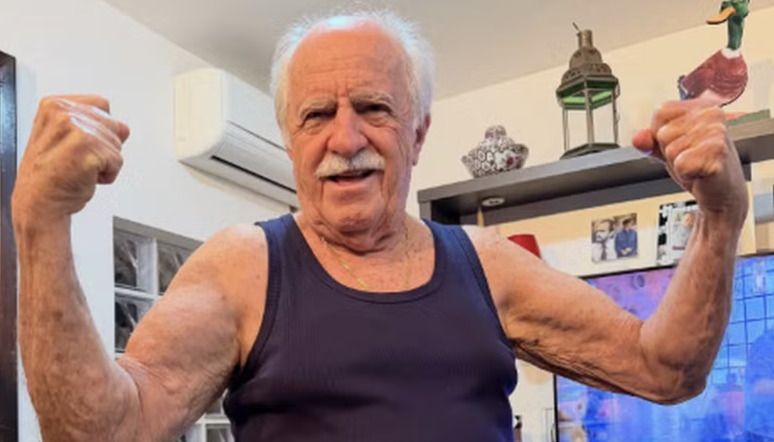Lack of adequate employee training, ableism and prejudice permeate the poor service provided to people with disabilities in physical commerce
Today, December 3, is the International Day of Persons with Disabilities, a commemorative date promoted by the United Nations (UN) since 1992 with the aim of mobilizing in defense of the dignity, rights and well-being of people with disabilities. It is a date celebrated in the most festive month of the year, with a lot of movement in the streets due to gatherings and, above all, consumption linked to Christmas preparations.
And, for this reason, it is worth reflecting: in the midst of so much turbulence, are the dignity, rights and well-being of people with disabilities guaranteed? And again: do people with disabilities access the same conditions and services as people without disabilities in commercial establishments?
According to the experts consulted by Earth WE, there is still a long way to go in terms of inclusion and equality. Architectural and accessibility solutions, such as access ramps, parking and accessible toilets are already a reality in most of the country’s large shopping centers, but they are far from ideal and do not always meet the needs and expectations of such a diverse population . as complex as that of PcD. As regards street trading, the scenario is even more problematic.
The biggest problem, however, does not concern the infrastructure, but the quality of the service received in the shops. “The truth is that, in most cases, a person with a disability is not even considered a consumer,” observes Mizael Conrado de Oliveira, president of the Commission on the Rights of Persons with Disabilities of the Brazilian Bar Association, São Paulo Section (OAB /SP).
Mizael’s point of view has a personal basis. Blind since birth due to a congenital cataract, he made a career in Paralympic football, winning medals and the title of best player in the world in 1998. Lawyer and master in Public Administration from the Fundação Getulio Vargas (FGV), today he fights for the rights of people with disabilities.
“I have faced and continue to face several discriminatory situations in stores and I know that they are recurring among people with other disabilities. Cheaper and more popular products are often pushed towards us, because they think that disabled people are not able to buy expensive items. It is normal for me to ask this question and be ignored, because they simply pretend not to see or hear me or even respond with ‘I can’t help you today’, as if I were there begging for alms”, exemplifies Mizael, who underlines also the constant difficulty of paying the bill, since not all card machines are adapted.
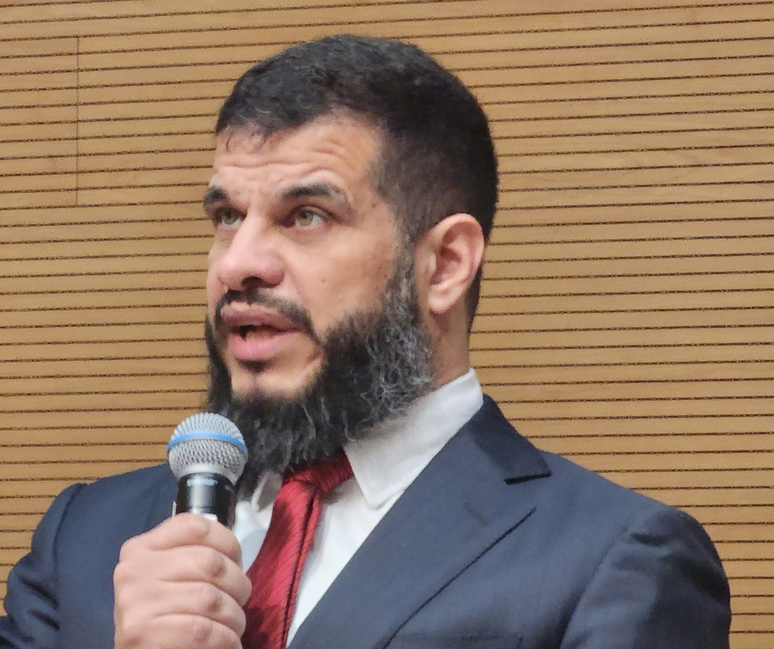
Commerce needs to review practices
Mizael’s reaction to these setbacks is, generally, to go shopping elsewhere. According to Gisele Paula, co-founder of the Reclame Aqui website and director of the Instituto Cliente Feliz, the lawyer’s attitude is common.
“If we estimate a percentage of complaints that concern requests from people with disabilities, we come across a minority. It doesn’t reach 10% of complaints. Why? Because normally when a person with a disability is poorly assisted or mistreated, they aren’t even to complete a purchase, going through a complete process with the company. So this data rarely appears in a statistical list within a company,” he explains.
According to Gisele Paula, investing in the accessibility of customer service is not at all complicated, since there is no shortage of consultants and specialists on the market capable of carrying out adequate training to train employees or teach Brazilian sign language, for example, when dealing do not talk to people with hearing problems.
“In many cases, it’s not that customer service staff don’t want to help. They just don’t have enough information to meet the needs of a blind person or someone who needs help in a locker room because they use a prosthesis, for example”, he comments.
Cris Kerr, speaker and consultant on diversity and inclusion, highlights the urgency of training to avoid attitudes that, at first glance, may seem helpful or friendly, but have an ableist bias. “A clear example is when an adult person with a disability is accompanied by another person. Instead of answering the question asked by the person with a disability, the seller answers the person accompanying him. Although he can also buy whatever he wants, this type of barrier attitude continues to lead people with disabilities to not feel comfortable in that environment, not to truly feel like they belong”, he says.
Asking questions is the key point of Instituto Feliz customer service training and is part of observation and empathy with the customer. “Asking if you need help with customer service or if you need a different type of service is essential. Many employees would also like to provide quality service, but they wait for the customer to take action and they don’t always do that,” he He says.

Hidden or invisible deficiencies are often the subject of confusion, especially when using preferential queuing, or mistrust not only among sellers but also among other consumers. However, as Vivianne Ferreira, law professor at the FGV in San Paolo (SP), reminds us, the fundamental principle is respect for the rights of people with disabilities. “Therefore, exercising empathy and starting from the idea that there is good faith on both sides are essential actions. It is not permissible to doubt the statement of the person with a disability, even if this is not immediately or directly identifiable for the interlocutor,” she underlines.
For Cris Kerr, the sunflower lanyard is a good alternative for identifying people with hidden or hidden disabilities and helps promote awareness. “It makes it easier, but it hasn’t been publicized much yet and it’s optional. In fact, ideally, people wouldn’t need this accessory, but it’s taken a while to help with these challenges of being asked why they’re there , in preferential queue”, he says.
Emotion x reason
Images of an outraged woman in a shop in Riachuelo do recently went viral
Boulevard Shopping, in Feira de Santana (BA). Mother of an autistic boy, she claimed that an employee treated her in a discriminatory way by not wanting to serve her and decided to film her reaction as a form of complaint. The employee was fired.
The case, according to Gisele Paula, illustrates the importance of those who work in customer service knowing how to deal with emotions and their impact on each person. In the video, the woman complains that she went to the preferential checkout, but that the employee directed her to another checkout due to the difficulty of dealing with the child and told her “Don’t give me those bombs.”
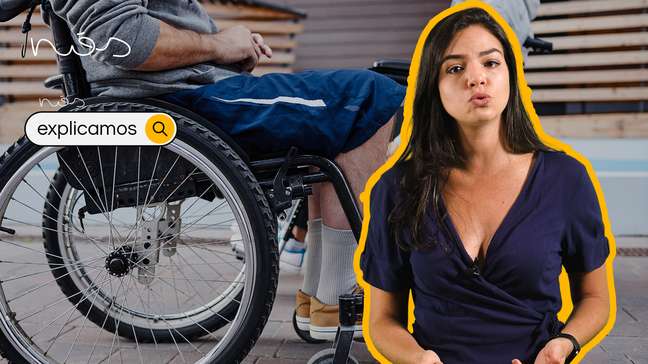
-
BY PARTICIPATING

WE explain: how not to be a skilled person
-
BY PARTICIPATING

Series of self-portraits: “I was the only woman from Capão who ran in São Silvestre”
-
BY PARTICIPATING
-u85ngy17ttfa.jpg)
Not even Sandy is immune to the pressure to always look beautiful
-
BY PARTICIPATING
-rl2twbec9u7p.jpg)
“It’s not just talk,” says the Diversity Manager of inclusion goals
“Emotion is very linked to what is value for the client. And a mother will act instinctively when the subject is her child. This mother’s anger most likely began with discomfort, with looks, with people they whispered, and it turned into frustration and a moment of fury. It’s the natural progression of the anger ladder. We teach caregivers that anger must be contained while it is still a frustration, so it doesn’t turn into a crisis,” says Gisele.
For Mizael, difficult access to the legal system is still an obstacle in the fight of people with disabilities against discrimination. The lack of literacy, according to him, is a structural problem that cannot be attributed exclusively to people with disabilities – and the democratization of access to information is one of the pillars of his work at OAB/SP.
The resources available range from a formal complaint to the company ombudsman and/or to Procon (Foundation for the Protection and Defense of Consumers), to a complaint to the Police – there are Commissioners for People with Disabilities (DPD) which guarantee adequate assistance – and filing a case in small claims court.
The Convention on the Rights of Persons with Disabilities, promulgated by the United Nations in 2006, law 13.146/15, known as the Brazilian Law on Inclusion (LBI), and law 10.048/2000 are some of the legal instruments that expressly guarantee the right to equal opportunities and prohibits any type of discrimination against people with disabilities.
-skk0fk17skdu.jpg)
What are the rights of people with hidden disabilities?
Source: Terra
Rose James is a Gossipify movie and series reviewer known for her in-depth analysis and unique perspective on the latest releases. With a background in film studies, she provides engaging and informative reviews, and keeps readers up to date with industry trends and emerging talents.

